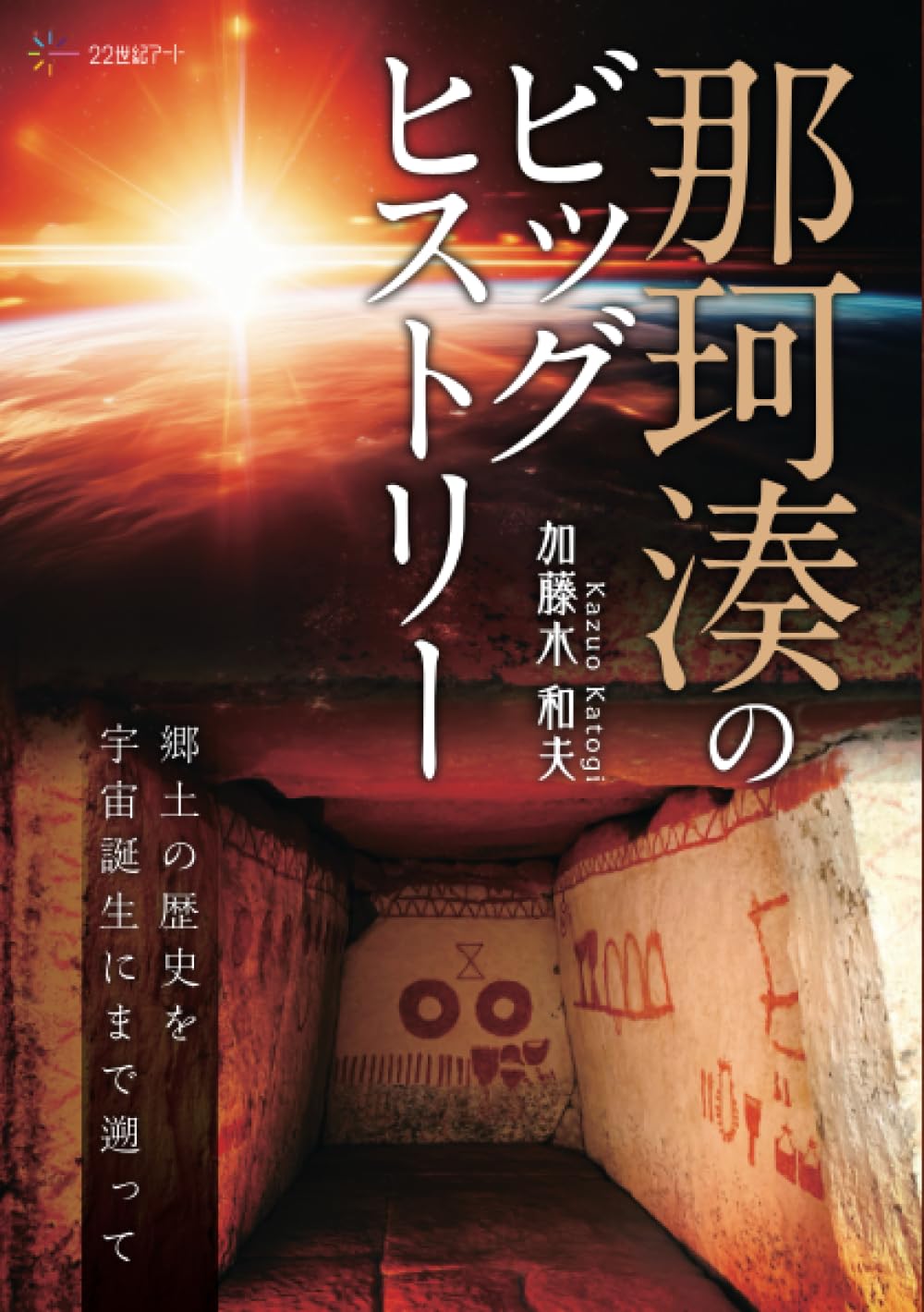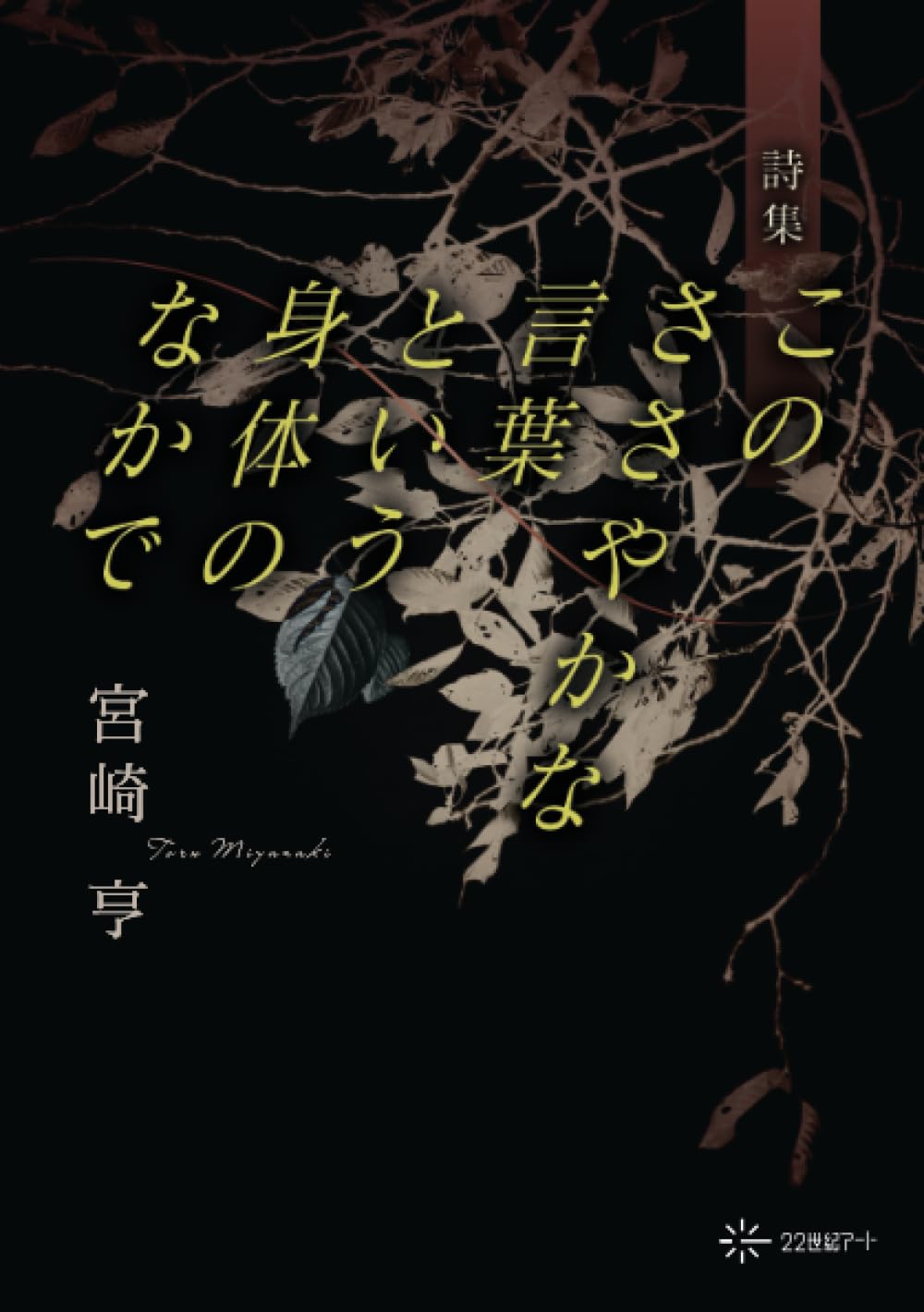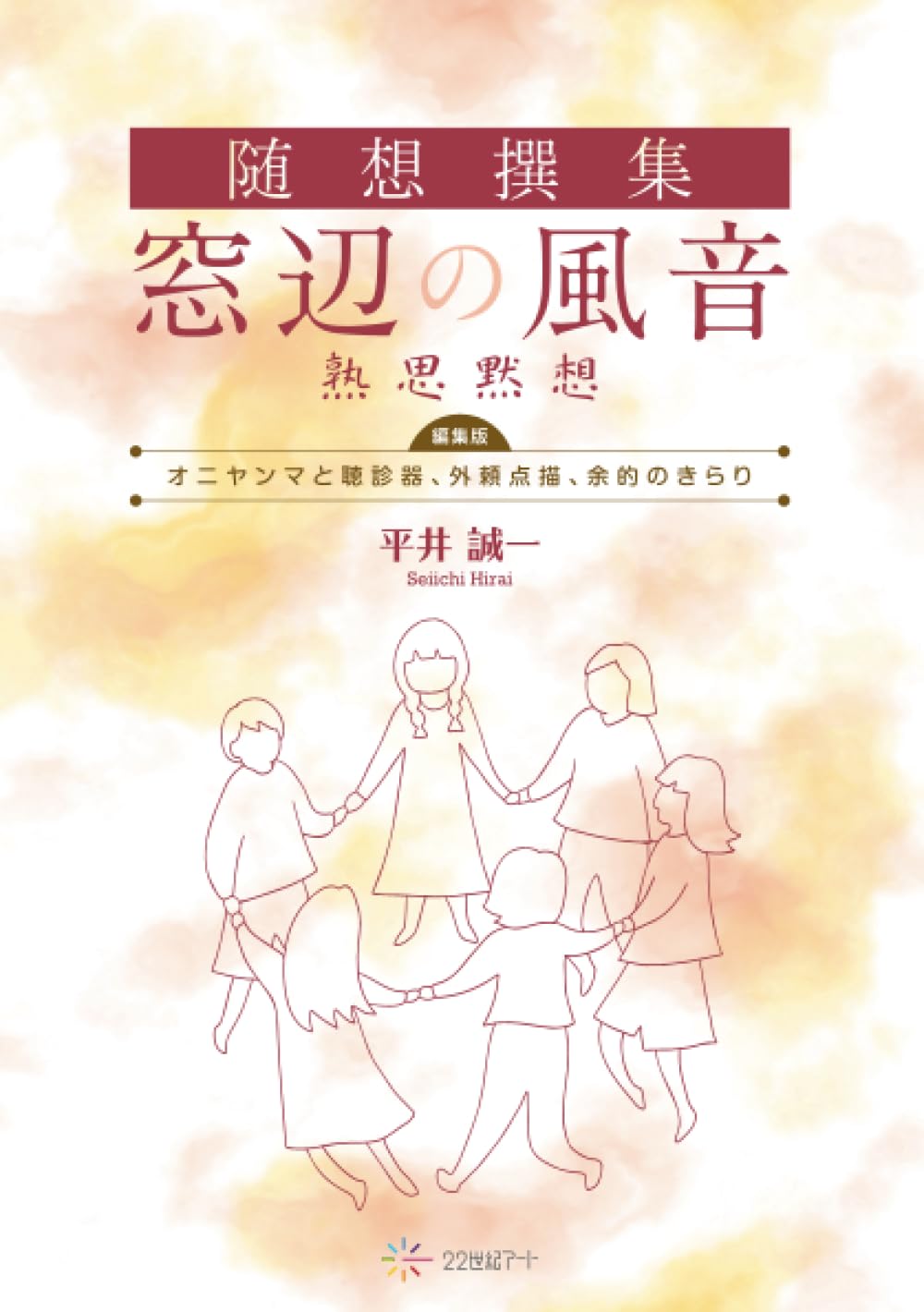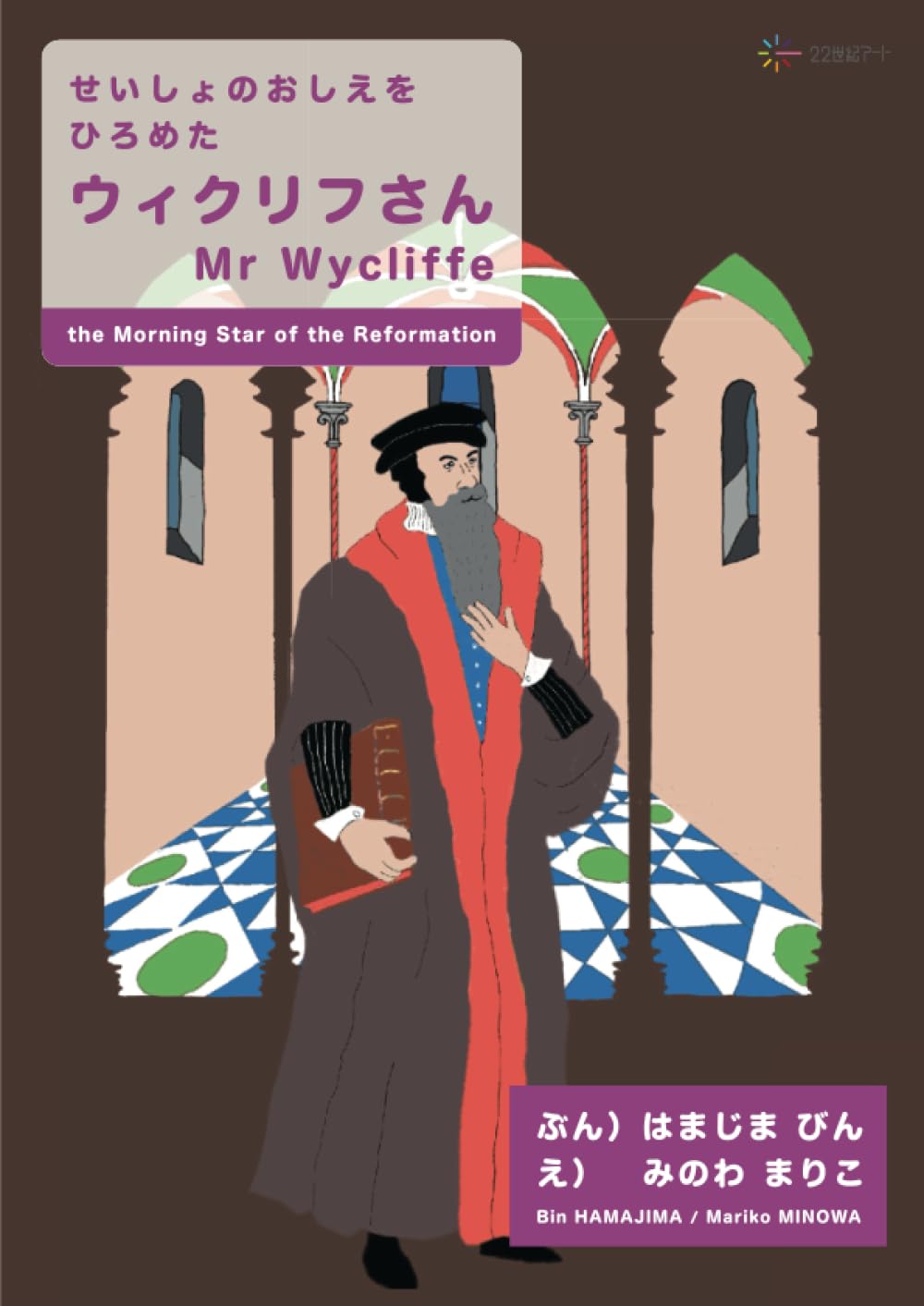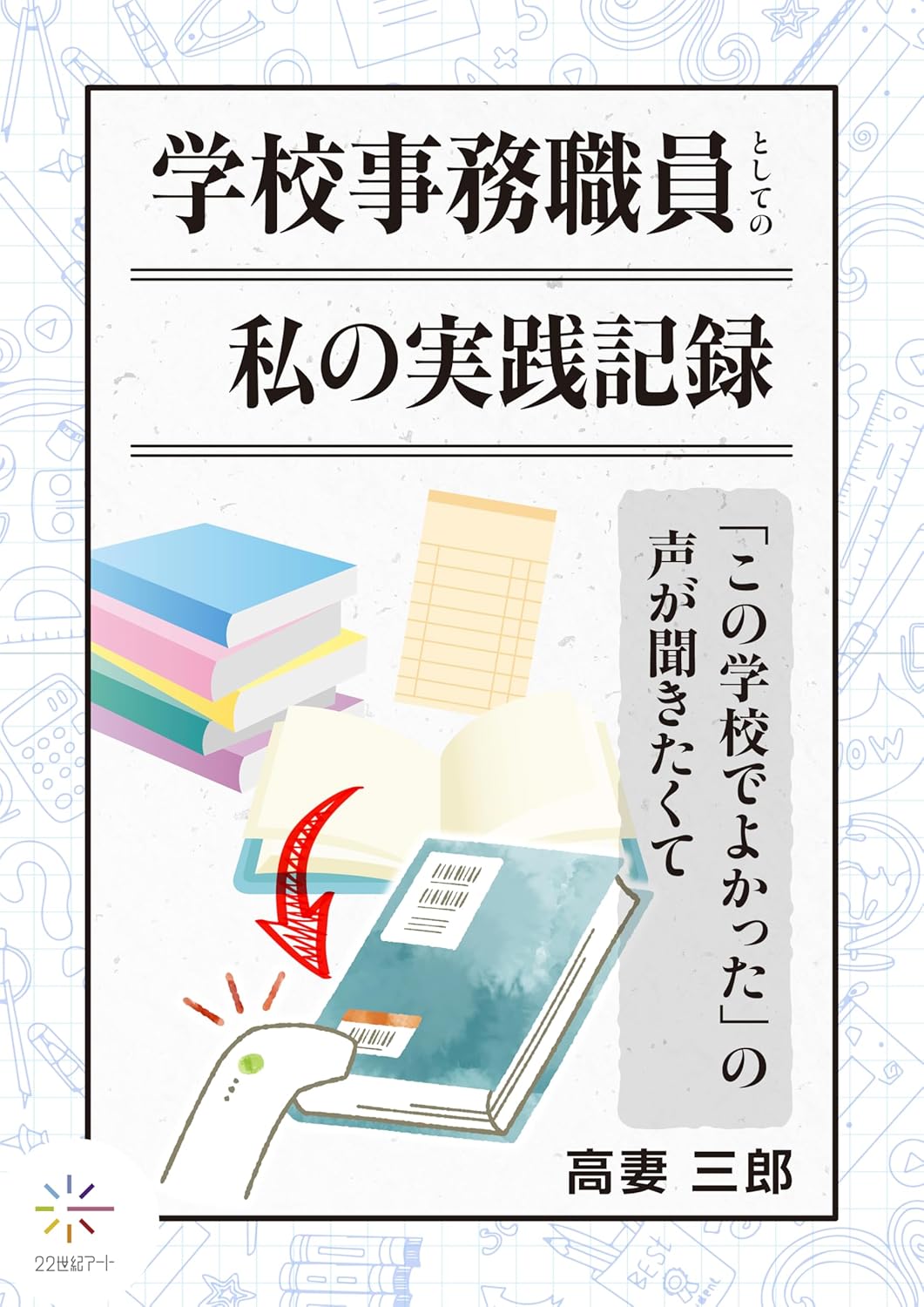
Lighthouse
(著) 山川久三
Amazon作品詳細
Postscript
An interesting thing about Tiresias is not only the fact that he was a fortune-teller of ancient Greece, but also that he was a great philosopher. His life was full of ups and downs, and described colorfully in myths episodes, but the most thing to pay attention at is that he was blind, and because of it he was very sensitive. The reason of his blind-ness was the fact that he saw Goddess Athen bathing. It is also known that instead he was given an ability to predict by Aphrodite.
Even more interesting fact is that the fortune-teller, after he got adult, lived both lives of a man and a woman. Not that he was both man and woman at the same time, but for one period he was a man and a husband, and another period he was a woman and a wife.
It’s an important symbol that a snake participates in this sex change. After killing snakes with tied tails Tiresias became a woman, and after spending several years as a woman he killed snakes with tied tails again, and became a man.
An explanation of Tiresias about men and women’s sensitivity and sexual pleasure is very famous. When Zeus and Hera, who were married brother and sister, had an argue about it, and asked Tiresias for an answer, he answered that the woman’s pleasure is ten times bigger than man’s one. There is also an opinion that Tiresias got blind after Hera got angry with him after that.
Troubles he got through and a sexual experience he got being in both bodies, increased his knowledge of human body and his fortune-telling abilities, and let him predict future for Heracles and Oedipus and Odyssey.
Cruelty and madness of Tiresias’s predictions are still existing in modern history. Espe-cially in past century, wars and revolutions and times of despots left their unlucky trace on modern history till nowadays. After miserable disasters brought by the despots, nu-merous deaths followed, but it’s an irony that history keeps calling for the despots.
At last I issued my first book of poems. When I was young, I thought poems are written by very special people. A man being so far from poetry started to write after turning sixty, and this book is the poor result of this.
I used an image of Takeshita-Shizu-No-Jo’s poem is “Train” and in “Ophelia’s last words” I used an image of Sumio Mori’s poem - I am grateful to them.
I thank Yuko Takagi, an owner of Doyo-Bijutsu publishing company, and Makoto Isshiki, supervisor of “Poetry and philosophy Research club” for leading my work.
October 2009
Kyuzo Yamakawa
Profile
Kyuzo Yamakawa
Born in 1929 in Kouchi
Worked as a teacher in prefecture schools of Kouchi for eight years since 1957.
In 1965, works as a Japanese language teacher in Dalian technical school in China. Next year, came back to Japan due to Great Cultural Revolution.
Now working at Gallery Fujii
Belongs to the poetry group “Horizon”
Member of research clubs “Poetry and philosophy Research club” “Tree club”
Books: “Literature Walk” Densho Publish (1995)
“Face Flower” Ootori Publish (2002)
“Literature Dialog” Bungei Publish (2006)
Supervised: “Yata Okamoto poem book/Waterfall” Haruki Publish (1985)
“Yata Okamoto poem book/Mountain river” Taiki Publish (1998)
新刊情報

